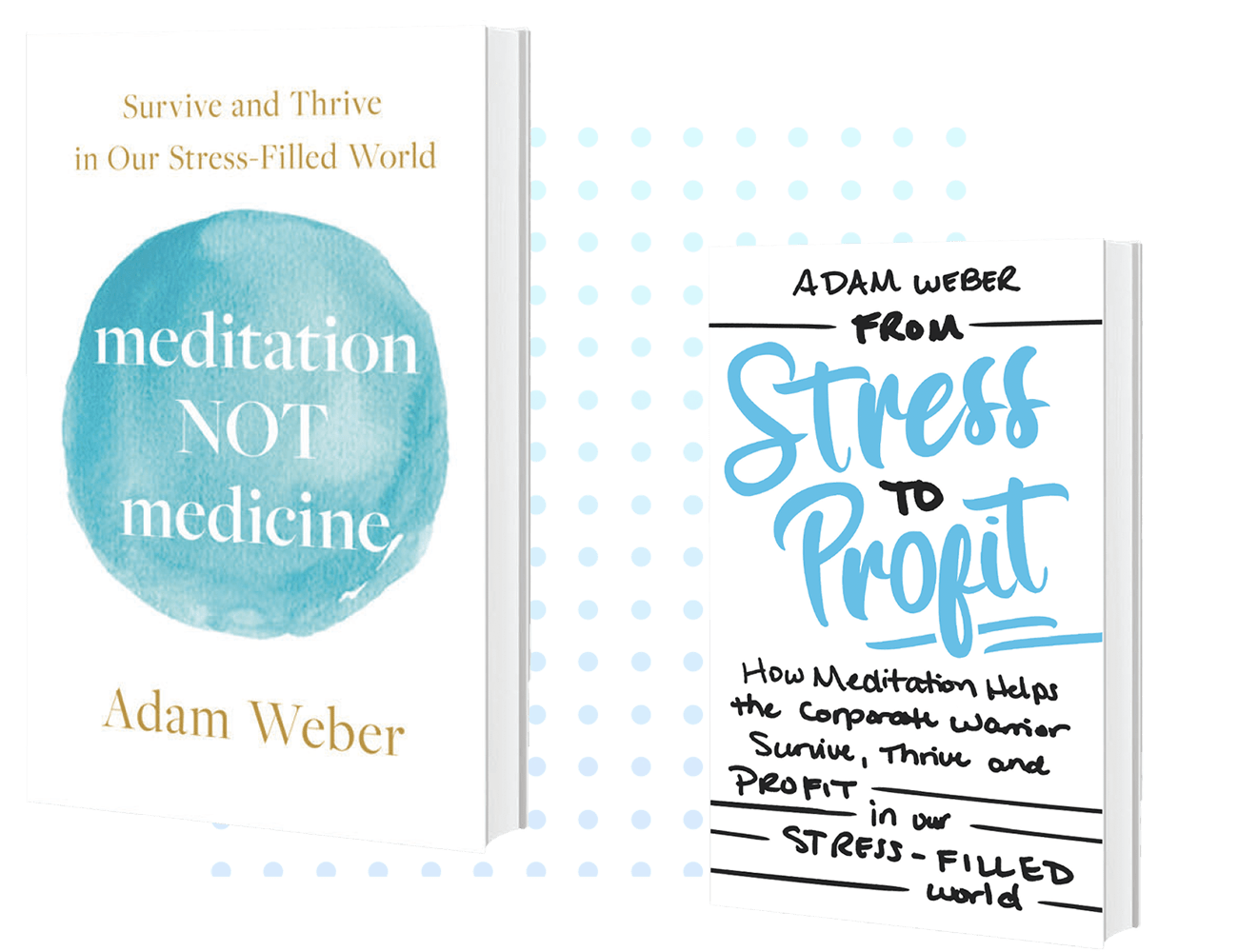If you’ve already discovered the numerous wonderful benefits of implementing a meditation practice as part of your daily routine, congratulations! That means you’re well on your way to creating and maintaining a calmer, happier, and healthier quality of life.
Whether you’re meditating for five minutes or forty-five minutes per day isn’t the most important aspect. What is most crucial is that you get the most out of your practice.
As a practitioner of over ten years now, I’ve learned an excellent way to optimize meditation is by approaching it with a beginner’s mind. If you’re a newbie, having the beginner’s mind is an excellent place to start your meditation practice.
What Is a Beginner’s Mind?
According to Wikipedia, a beginner’s mind is described as having an attitude of openness, eagerness, and lack of preconceptions when studying a subject, even at an advanced level, as a beginner in that subject would.
A beginner’s mind involves dropping expectations and preconceived ideas about something, and seeing things from a new perspective. Every time you’ve ever learned anything new, you’ve experienced the beginner’s mind.
You might have been confused because you didn’t know how to do whatever you were learning, but you were also looking at everything as if it was brand new, perhaps with curiosity and wonder, much like a child approaches everything they see for the first time.
The beginner’s mind is an attitude of getting started, experimenting, and learning along the way.
How Do I Have a Beginer’s Mind When I Practice Meditation?
Now that you’re familiar with the nature of a beginner’s mind, the question becomes, how does that apply to meditation?
When first sitting down to your meditation session, it’s important to take one step at a time. Looking ahead only takes you away from the most important place in time… actually, it’s the only one that matters—the present.
Be present and don’t prejudge anything. Prejudging only sets the stage for a self-fulfilling prophecy, usually a negative one. Avoid any preconceived notions and live for the surprise reveal of each moment in every day of your life.
Don’t clutter your mind with thinking about the past and things you should have done. Instead, try to keep your focus on what you can do at the moment. This is perhaps the epitome of the beginner’s mind, where your focus on the present encourages faith in your own ability to apply whatever you learn. Remember, the possibilities of any new venture are often limitless.
With a refreshing optimism at the forefront, find an appropriate time in the day to implement each new thing you learn. Meditation is great while practicing, but it’s most effective when you live it.
While limitless learning is always possible, let go of the desire to be an expert. There’s no need to be the world’s foremost authority on anything, and there’s nothing wrong with trying something and failing. In fact, you should completely discard the fear of failure. It’s pointless. You’re human, so you’re going to fail from time to time. Besides, fearing failure does nothing to avoid it, so why bother with the fear? Instead, learn from your mistakes and just be. Enjoy the reality of yourself.
Living Each Moment to Its Fullest
By not holding yourself to ridiculous expectations, not lamenting the past, discarding the fear of failure, and simply enjoying being you, you’ll be free to experience every moment to its fullest. Imagine how incredible a lifetime full of moments lived to their fullest would be!
Whether you’re a veteran practitioner looking to get to the next level of your meditation or a newbie still trying to understand what meditation is about, the beginner’s mind is an excellent way to make the most of it.
Need more? Listen to this past episode of the Meditation NOT Medicine Podcast. I talk with Chloe Markham who is the Yoga & Meditation Teacher at The Yoga Revolution, about the benefits of building a regular routine and how practicing yoga and meditation helps not only reduce stress and center your mind, but also helps you find joy and peace within.
For more advice on the effects of stress on your mental and physical health, you can find Meditation Not Medicine on Amazon.
Adam J. Weber is the “no BS, common-sense” speaker, and author of Meditation Not Medicine.


